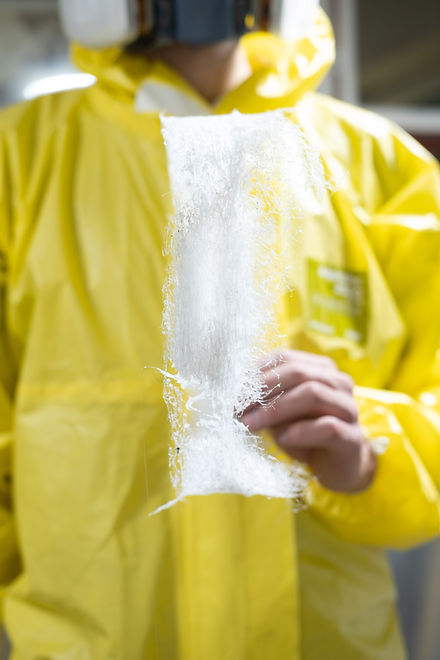
UNCLEAN PLASTICS
UNCLEAN PLASTICS
addresses the highly relevant topic of pollution caused by the pandemic. A major part of the project was the development of recycled filament made from a mixture of used and production waste facemasks together with new polypropylene. The toothbrush was developed as a symbolic product and is printed entirely using the new filament. Producing an everyday product such as a toothbrush from recycled facemasks aims to create a strong contrast from contaminated waste to hygiene product. The confrontation sparks a debate on cleanness and disgust, as well as raising awareness about the use and value of resources.

Architectural Workshops
Bauhaus Uni Weimar
MADE FROM
"maSK fILAMENT"


3d pRINTED tOOTHBRUSH

The monomaterial toothbrush
was developed within the project as a symbolic product and is printed using recycled Polypropylene filament made from a mixture consisting of used and production waste masks together with new polyproplene. It is 3D printed in one piece, including the bristles, on a common FDM printer. Using 3D printing enabled us to combine both: Solid shapes and flexible fiber like characteristics. Successfully working with 3D printing, a quite complicated and difficult production method, showcases that recycling is possible and should be implemented. Producing an everyday product such as a toothbrush from recycled facemasks aims to create a strong contrast from contaminated waste to hygiene product. The confrontation sparks a debate on cleanness and disgust, as well as raising awareness about the use and value of resources.
No Need for Holiday in a Plastic Ocean
Foto: Philip Enzmann

584 million tons per year
The worldwide production and consumption of facemasks alone leads to an additional plastic waste of more than 584 million tons per year (1). With hardly any recycling efforts huge amounts of plastic waste will end up in landfills and the oceans. The degrading of polypropylene used in mask production takes 400 years. The remaining microplastic harms sea life and other organisms. “UNclean Plastics” addresses this highly socially relevant topic and encourages a critical, creative debate about the current use of resources. Specifically, the project focuses on the consumption and cycle chains of Covid 19 protective products such as FFP2 masks. The aim is to not only create new approaches using additive production methods to reduce/recycle the resulting waste quantities but also to work on the psychological characteristics of those products through design intervention.

FFP2 MAsk Granulate
Material research and the experimentation with different extrusion methods were a major part of the project. The production of consistent 3D printable filament represented a big challenge. Different filaments with varying ratios of recycled polypropylene from used or production waste facemasks and pure polypropylene were tested and used for 3D printing. The heating process of the plastic eliminates any possible covid 19 virus or other viruses and leaves an uncontaminated material.

Mask Filamet
100%Masks



50%Masks

100%Masks
Projekt
Felix Stockhausen, Friedrich Gerlach

Coming soon...
